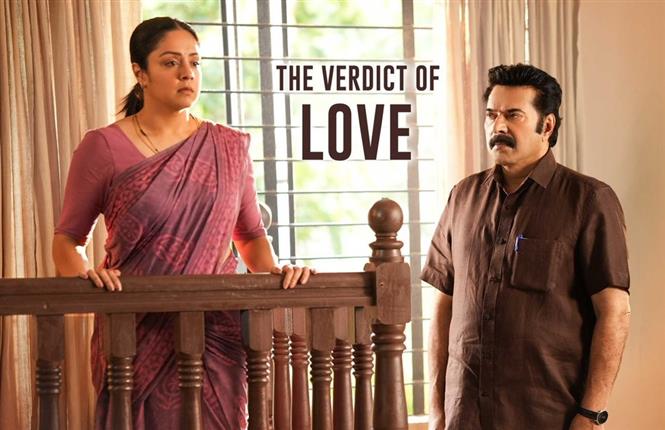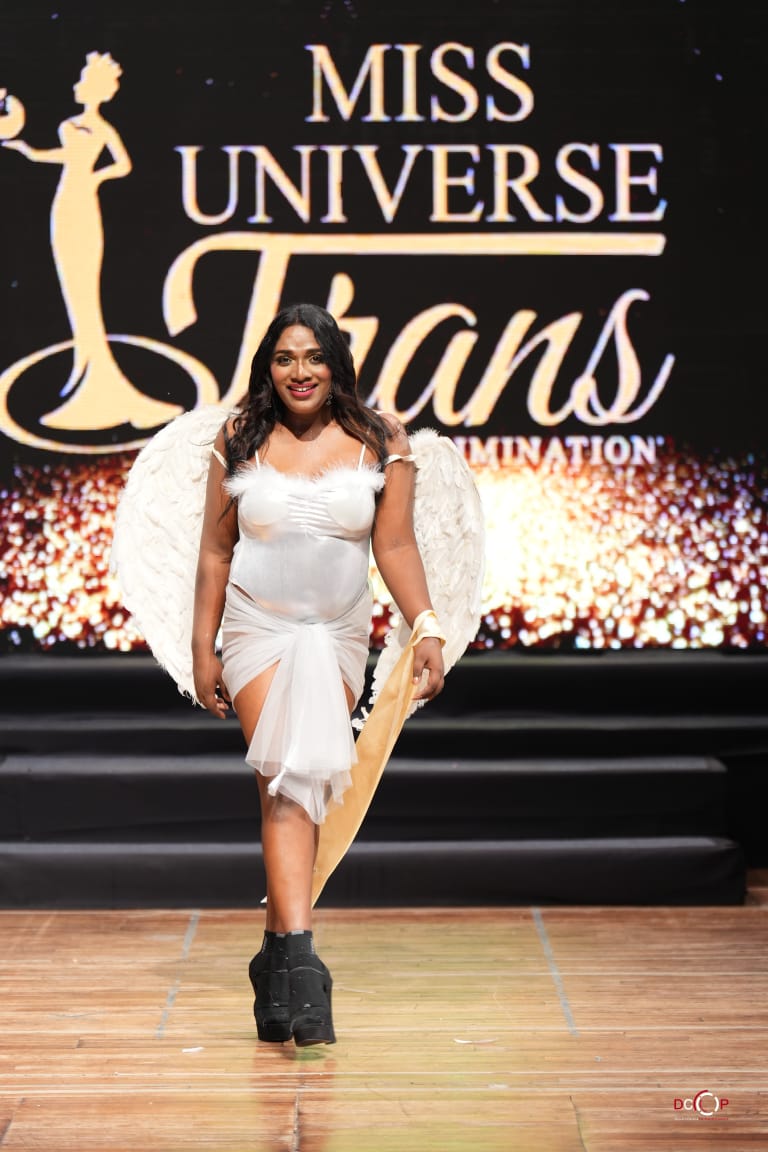“I’ve been called a ‘fat, disgusting pig’ more times than I can count,” confesses Rahul*, a 28-year-old gay man from Mumbai. “It’s not just strangers on dating apps; even within my own queer circles, I’ve faced relentless body shaming and exclusion because of my weight. It’s as if my identity, my worth as a human being, is reduced to the size of my waistline.”
Rahul’s poignant words lay bare the harsh reality of fatphobia – a pervasive form of discrimination that pervades the queer community in India, casting a long shadow over the lives and experiences of countless individuals. In a society that idolizes conventional beauty standards and prizes thinness above all else, those who dare to exist outside the narrow confines of these norms face a barrage of prejudice, marginalisation, and oppression.
The intersection of fatphobia and queer identity is a complex and multifaceted issue, one that exposes the deep-rooted biases and systemic inequalities that persist within Indian society. From the erasure of diverse body types in popular culture and media representation to the perpetuation of harmful stereotypes and the normalization of body shaming, the weight of fatphobia bears down heavily on the shoulders of India’s queer community.
They are absent on the silver screen
On the silver screens that shape India’s cultural landscape, the absence of fat, queer representation is a deafening silence. Riya Choudhury*, 21, a queer activist and model from Kolkata, laments this erasure: “Bollywood and regional cinema have upheld a singular, oppressive ideal – fair, thin, and conventionally attractive. Where are the love stories that celebrate the beauty of diverse bodies and challenge these narrow norms?”
For Choudhury, this lack of visibility cuts deep. “Growing up, I never saw anyone like me – fat, queer, and unapologetic. It felt like a constant message that my existence was unworthy, that my body and identity were invalid.” The silver screen’s failure to reflect the spectrum of human experience perpetuates a cycle of self-loathing and diminished self-worth, making it even harder for individuals to embrace their authentic selves.
The impact of this cinematic invisibility extends beyond the personal realm, shaping societal perceptions and perpetuating harmful stereotypes. Choudhury explains, “When we don’t see ourselves represented in the stories we consume, it sends a powerful message – that our existence is unworthy, that our bodies and identities are not valid or deserving of celebration.”
Moreover, the lack of diverse representation in Indian cinema and media reinforces the notion that queerness and fatness are incompatible – a dangerous assumption that further marginalizes those who exist at the intersection of these identities. “It’s a constant battle,” Choudhury says. “On one hand, we’re expected to conform to the ‘ideal’ queer body – thin, muscular, and adhering to conventional beauty standards. On the other, we’re told that our fatness makes us undesirable, unworthy of love and acceptance within our own community.”
Marginalisation; double and daunting
For many in India’s queer community, the experience of fatphobia is a double-edged sword, cutting deep into their journey of self-discovery and identity formation. Aisha*, a 22 year old transgender woman from Delhi, articulates the multifaceted pressures she faces: “As trans individuals, we’re often told that conforming to societal beauty standards is the key to survival. But what about those of us who defy these narrow ideals? We face double marginalization – for our gender identity and for our bodies.”
The intersections of oppression are even more complex for individuals inhabiting multiple marginalized identities. Aisha continues, “In a society that privileges upper-caste, fair-skinned, and thin bodies, those of us who exist at the intersection of multiple marginalized identities face unrelenting discrimination and erasure.”
Aisha’s narrative highlights the insidious ways in which these intersecting oppressions manifest: “Within the queer community, I’ve been fetishized and objectified for my body, reduced to a mere physical entity. And within my own faith community, my queerness has been met with judgment and ostracization. It’s a constant struggle to assert my multifaceted identity and find a sense of belonging.”
The mental health toll of this constant barrage of fatphobia and marginalization is significant, as Pallack Bhutani, a queer psychologist specializing in body image and queer issues, explains: “The constant onslaught of fatphobia, coupled with the rejection of their queer identities, can lead to a host of mental health issues, including anxiety, depression, and disordered eating patterns. It’s a vicious cycle that often perpetuates self-harm and low self-esteem.”
This double-edged sword of fatphobia within the queer community is further exacerbated by the prevalence of hookup culture and the emphasis on chiseled, gym-toned bodies. Aisha recounts, “Swiping through dating apps, it’s disheartening to see the abundance of profiles that explicitly state ‘No fats, no femmes’ or ‘Gym-fit only.’ These platforms, meant to foster connection, have become breeding grounds for body shaming and exclusion, reflecting the narrow beauty standards that permeate our society.”
The impact of this pervasive fatphobia within the queer community is not just emotional but also physical. Aisha explains, “Many of us feel immense pressure to conform, to sculpt our bodies to meet these unrealistic standards. Some resort to dangerous dieting practices, excessive exercise, or even harmful substances, all in the pursuit of an ‘ideal’ body that may never truly be attainable.”
The rising of the collective
Amidst the pervasive fatphobia and narrow beauty standards, a defiant resilience is rising, reclaiming narratives and amplifying fat queer voices in India. Krittika Kannojia, a fat, Dalit queer non-binary activist and digital creator and poet from Uttarakhand, currently based in Mumbai, shares their powerful story: “For too long, our bodies have been policed, pathologized, and deemed unworthy. But I am reclaiming my narrative, my identity, and my right to exist without apology.”

Krittika Kanojia photo: Krittika
Kannojia’s testimony echoes the sentiments of many fat queer individuals, challenging the pervasive fatphobia within the community. “We are more than just our bodies,” they assert. “Our identities are multifaceted, and it’s time we celebrate the beauty and resilience that lies within our diversity.”
This radical resilience manifests in various forms, from art and activism to unapologetic self-expression, as Krittika illustrates: “Through poetry, I aim to dismantle the societal constructs that have long dictated what bodies are deemed worthy. It’s a powerful act of reclamation, a defiant assertion of our right to exist and thrive.”
Collectives and organizations are emerging to foster a sense of community and provide support for fat queer individuals in India, like One Future Collective that has done extensive work and research on how the experience of fatness cross cuts with queer identities through workshops in places like Satrangi mela and more.. Krittika explains the significance of such initiatives: “Our aim is to create a safe space where individuals can share their experiences, find solidarity, and embrace their authentic selves without fear or judgment. Together, we are dismantling the weight of prejudice, one story, one body at a time.”
This collective resistance is not just about personal empowerment but also about challenging the systemic oppression that has long marginalized fat queer individuals. Kannojia emphasizes, “We are not just reclaiming our narratives; we are dismantling the very structures that have sought to erase our existence.”
The journey towards self-acceptance and body positivity is not an easy one, but it is a necessary step in the broader fight for queer liberation. Kannojia acknowledges, “There will be setbacks, moments of doubt and self-criticism, but it is in these moments that we must draw strength from our community, from the stories of those who have walked this path before us.”
The intersections of fatphobia, body image, and queer existence in India demand a radical shift in perspective – one that celebrates the beauty and resilience of diverse identities. By amplifying diverse voices, challenging erasure in queer narratives and media representations, and fostering inclusive spaces, the Indian queer community can dismantle the crushing weight of prejudice and pave the way for a future where every body, every identity, is celebrated and embraced without exception.



